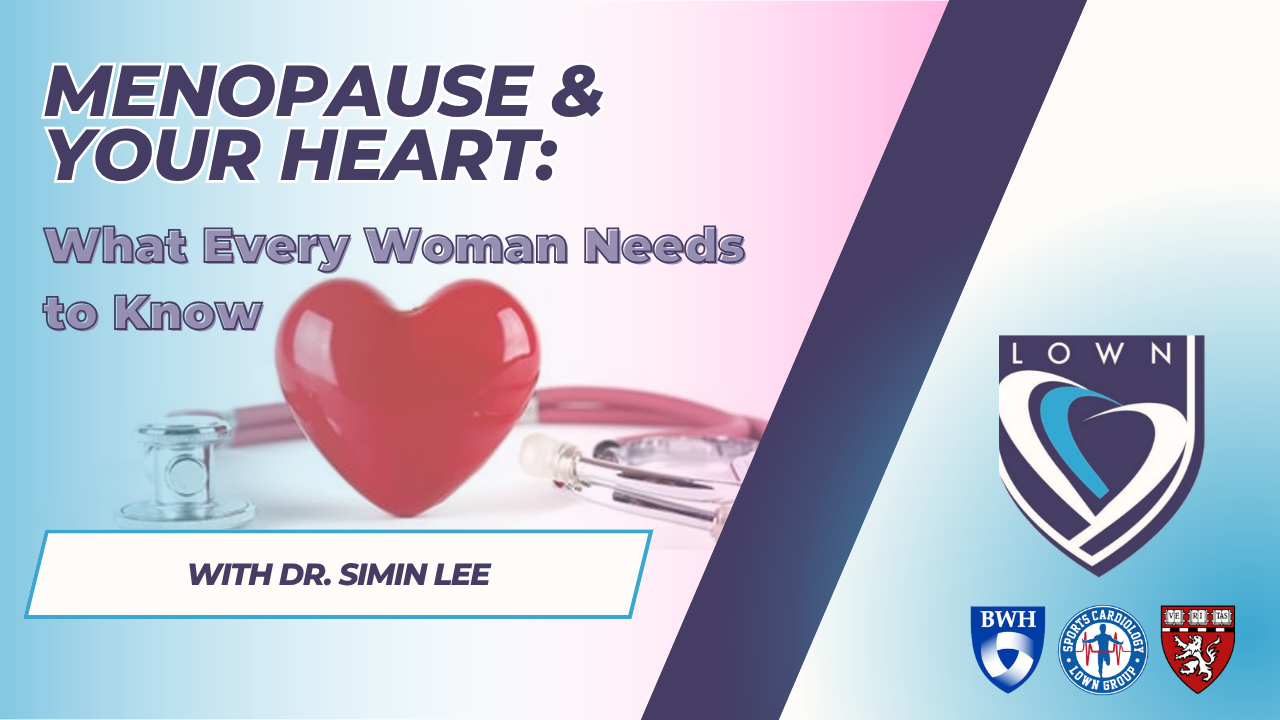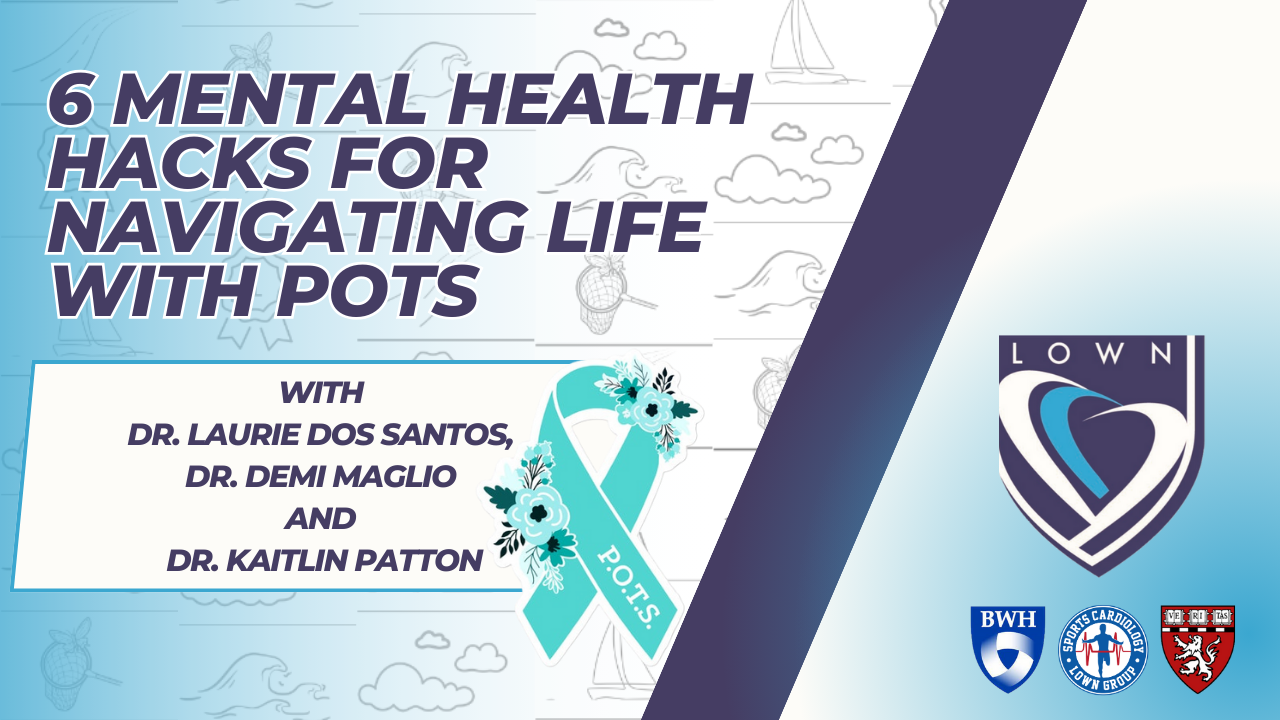Plant-Based Diet

Plant the Seeds of Healthy Eating
Plant-based diet proponents are growing at a rapid clip in the US, buoyed by ongoing reports that following the regimen faithfully can result in a multitude of health benefits, ranging from increased energy and elevated mood to lower risks of diabetes, high blood pressure and heart disease. The abundance of antioxidants in whole plant foods may also help prevent or slow certain cancers. In addition, plant-based diets are more environmentally sustainable than diets rich in animal products because they use fewer natural resources.
“Plant-based nutrition is superior when it comes to most diseases.”
– Dr. Kim Williams, former president of the American College of Cardiology
Multiple studies point to the preponderance of refined, processed foods, loaded with added sugars and salts that comprise the standard American diet, and the link to disease. Choosing whole foods instead of refined grains and sugary fruit juices is key, and the Physicians Committee for Responsible Medicine illustrates the concept with these four ‘new’ food groups on the nutritional plate:
- Fruits are rich in fiber, vitamin C, and betacarotene. Also include fruits high in vitamin C, such as citrus fruits, melons, and strawberries. Choose whole fruit over fruit juices, which don’t contain much fiber.
- Vegetables provide vitamin C, betacarotene, riboflavin, iron, calcium, fiber, and other nutrients. Good sources are dark green leafy vegetables such as broccoli, collards, kale, mustard and
turnip greens, endive, or bok choy. Dark yellow and orange vegetables such as carrots, winter squash, sweet potatoes, and pumpkin provide extra beta-carotene. - Whole Grains contain fiber and other complex carbohydrates, as well as protein, B vitamins, and zinc. Choose bread, rice, pasta, hot or cold cereal, corn, millet, barley, bulgur, buckwheat groats, and tortillas. Build each of your meals around a hearty grain dish.
- Legumes are good sources of fiber, protein, iron, calcium, zinc and B vitamins. These include beans, peas, lentils, chickpeas, baked and refried beans, soymilk, tempeh, and tofu.
How to adopt a plant-based diet
- Focus on filling your plate with a variety of colorful fruits, vegetables, whole grains and legumes, rather than on serving sizes or calorie counting.
- Try eating at least half your calories in legumes, whole grains, and starchy vegetables that will keep you full.
- Start with a familiar favorite recipe and change it to a plant-based one, such as chili with beans only or veggie or portobello burgers.
- Sources: Plantrician Project , Nutritionstudies.org
The post Plant-Based Diet appeared first on Specialdocs Consultants.
Recent Blog Posts






